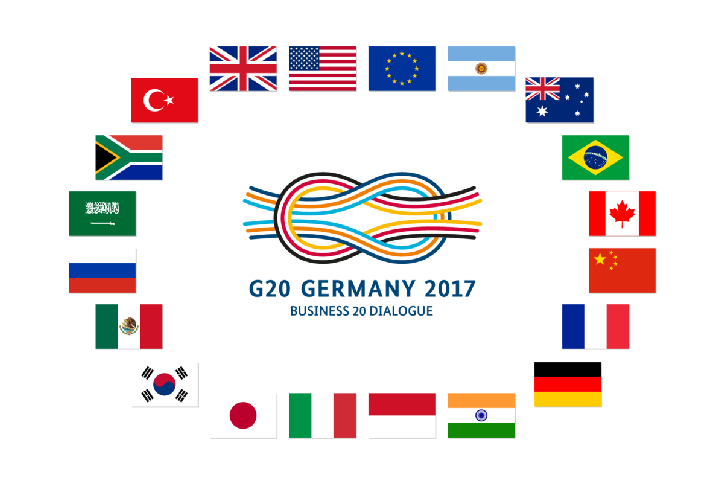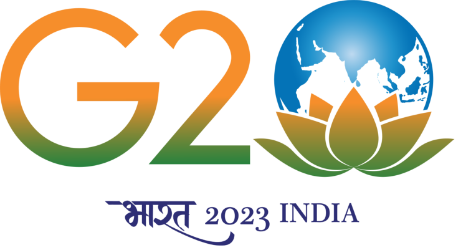Members of G20? – It was established in 1999 as a platform for discussions and cooperation on global financial and economic issues. The G20’s primary goal is to promote international financial stability and sustainable economic growth.
- Member Countries: The G20 is 19 countries are major economies from different regions of the world, including North America, Europe, Asia, South America, and Oceania. The individual member countries are listed in the previous response.
- Meetings: G20 leaders and representatives hold regular meetings, including an annual summit attended by heads of state and government, finance ministers, and central bank governors. These meetings provide a platform for discussing global economic challenges, policy coordination, and international financial reform.
- Agenda: The G20 addresses a wide range of global economic and financial issues, including but not limited to:
- Economic growth and development
- International trade
- Financial market stability
- Fiscal policy coordination
- Monetary policy
- Exchange rates
- Sustainable development and climate change
- Anti-corruption efforts
- Cooperation: The G20 promotes cooperation among member countries to address global challenges and achieve economic stability and prosperity. While it doesn’t have legislative or binding authority, it serves as a forum for discussions, coordination, and consensus-building.
- Outreach: The G20 also engages with non-member countries, international organizations, and civil society groups to gather input and promote a more inclusive approach to global economic governance.
- Response to Crises: The G20 played a significant role in responding to the global financial crisis of 2007-2008. Member countries coordinated policies to stabilize financial markets, stimulate economic growth, and prevent a deeper economic downturn.
- Research and Analysis: The G20 relies on input from various international organizations, such as the International Monetary Fund (IMF) and the World Bank, to analyze global economic trends and provide policy recommendations.
- Global Governance: The G20 is often seen as a reflection of the changing global economic landscape, with emerging economies having a more prominent role in international economic governance compared to older institutions like the G7.
Overall, the G20 is an essential forum for addressing pressing global economic issues and fostering cooperation among major economies to promote stability and prosperity. It continues to play a crucial role in shaping international economic policy.

Members of G20
there are 19 member countries and the European Union in the Group of Twenty (G20). The G20 is an international forum consisting of major economies from around the world.
- Argentina
- Australia
- Brazil
- Canada
- China
- France
- Germany
- India
- Indonesia
- Italy
- Japan
- Mexico
- Russia
- Saudi Arabia
- South Africa
- South Korea
- Turkey
- United Kingdom
- United States
The European Union is also represented at G20 meetings.









